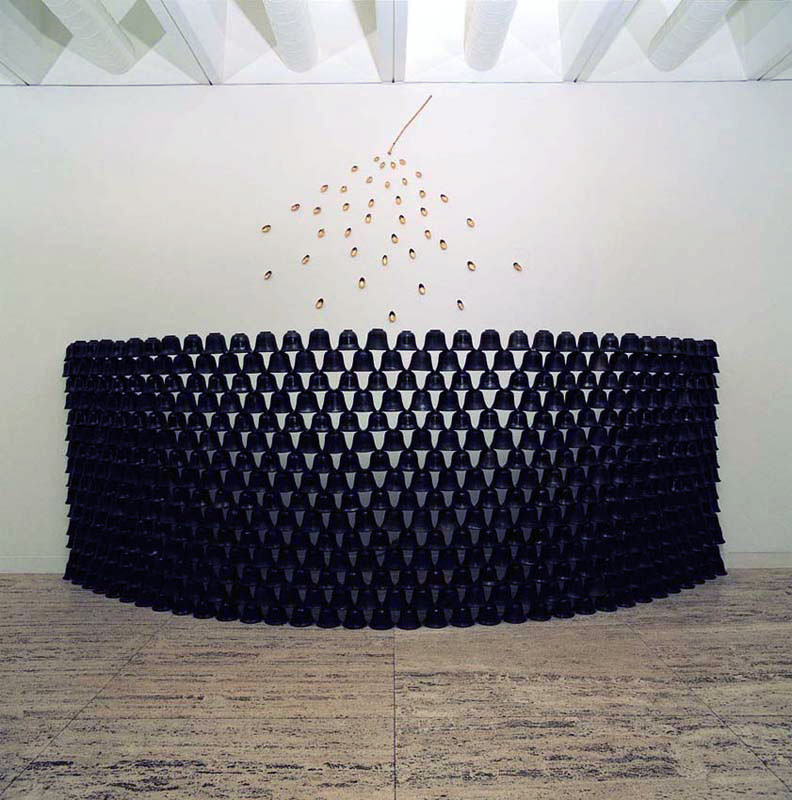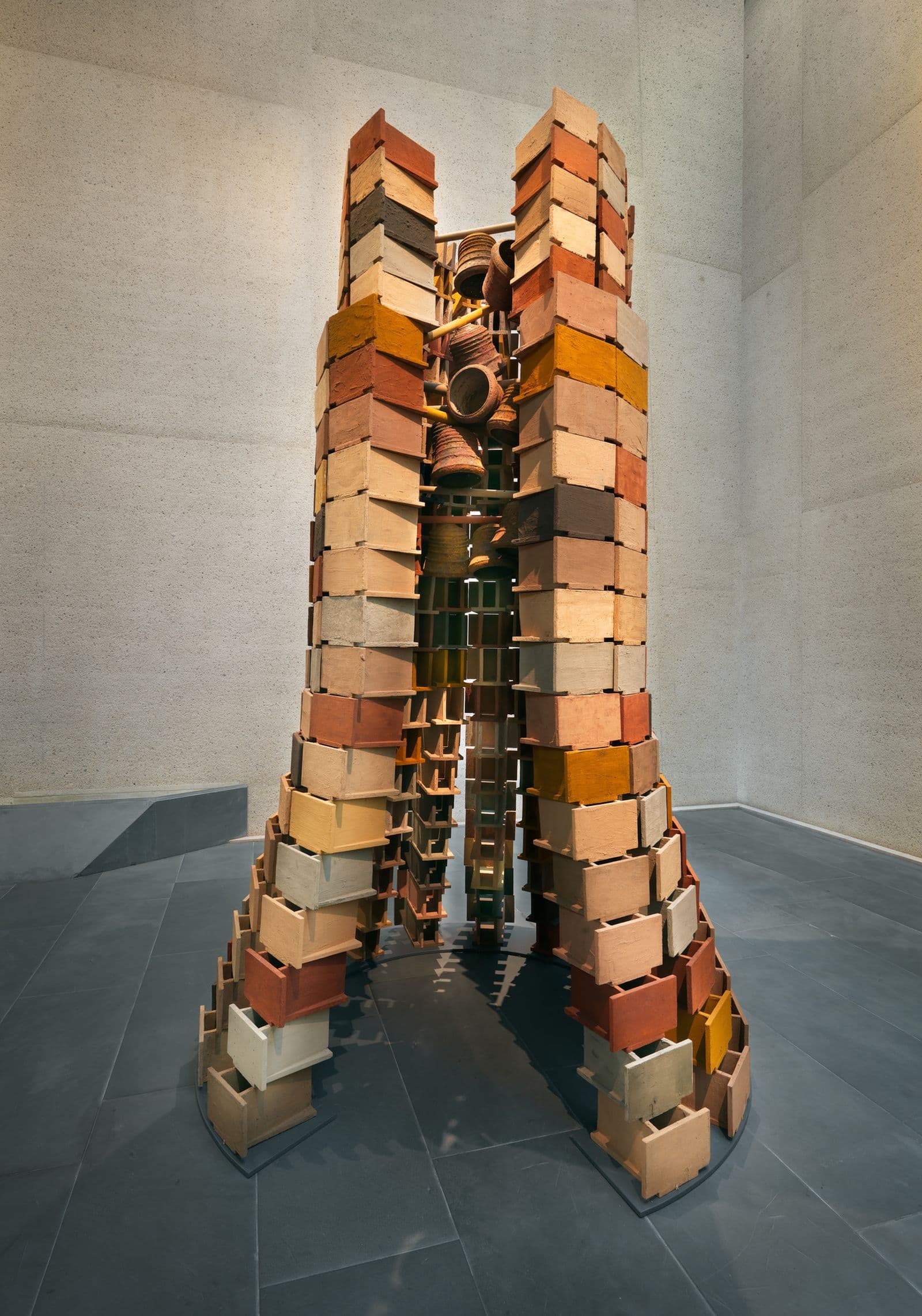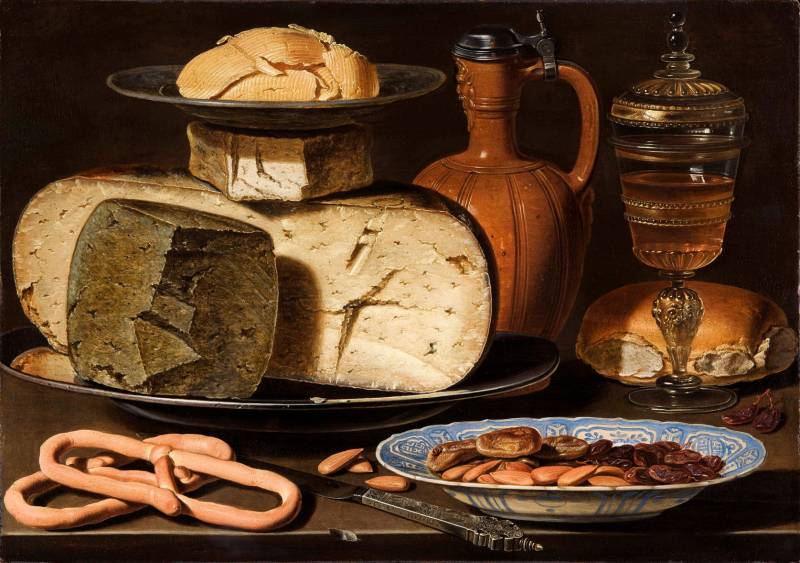When artist Montien Boonma was searching for a cure for his wife’s cancer, he turned to traditional Thai medicine and its healing power of smell. Boonma made this experience central to one of his most ambitious immersive installations, "House of Hope," which evokes a sacred temple. Now installed for the first time at MoMA, this "house of pills" has a strong scent that greets a visitor long before they get to the gallery. Medicinal herbs such as turmeric, Andrographis, and the traditional Thai mixture "yahom" are among the materials in the work’s celestial mural and dense curtains of pill beads. The second episode of our new series ART AND THE SENSES explores how smell, an unexpected material in art, connects to memory, ritual, healing, and transience. In this short documentary, we visit Bangkok, where Boonma’s assistant Apisit Nongbua sources the artwork’s herbs and makes the aromatic pills, and then return to New York for an elaborate installation: strands of approximately 500,000 pills are hung and scenic painters apply Boonma’s experimental medium of rice starch and spices to the walls. “Scent is something that is very visceral and some may have an immediate bodily reaction to it,” Chief Curator at Large and Publisher Michelle Kuo explains. “For that reason, scent has been used in all kinds of environments, whether devotional or religious or medicinal and therapeutic, because it has some kind of effect on the body and the mind, and I think that's all the more reason that artists are fascinated by it.” Watch this video to understand how smell and hope, though both ungraspable, have powerful effects on our wellbeing. We typically refer to the “visual arts,” but we experience art through all five senses. Our new ART AND THE SENSES video series explores how artists help us understand and question our perceptions, one sense at a time: smell, hearing, taste—and that biggest taboo in a museum, touch.

Related article - Uphorial Sweatshirt

The Museum of Modern Art



